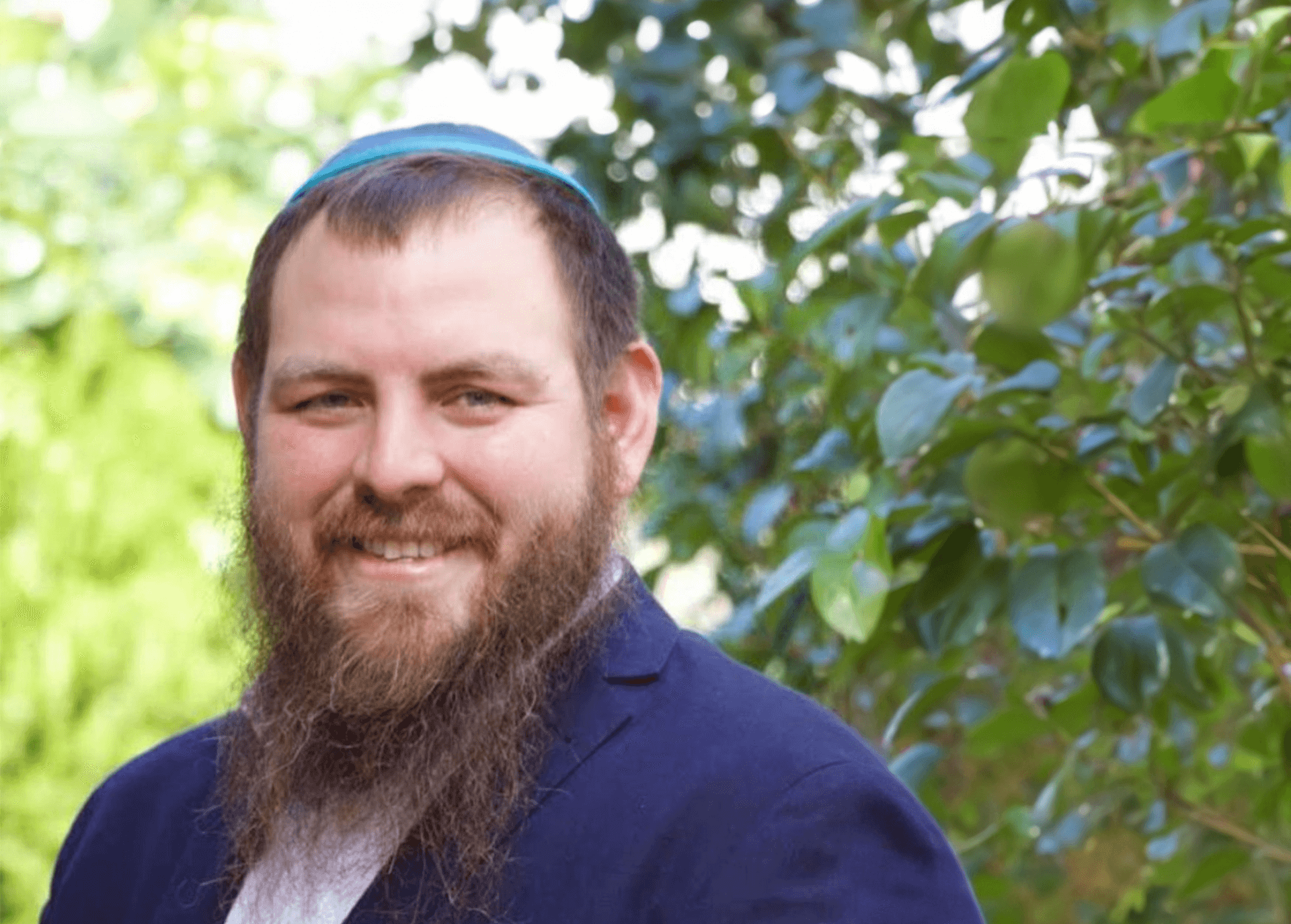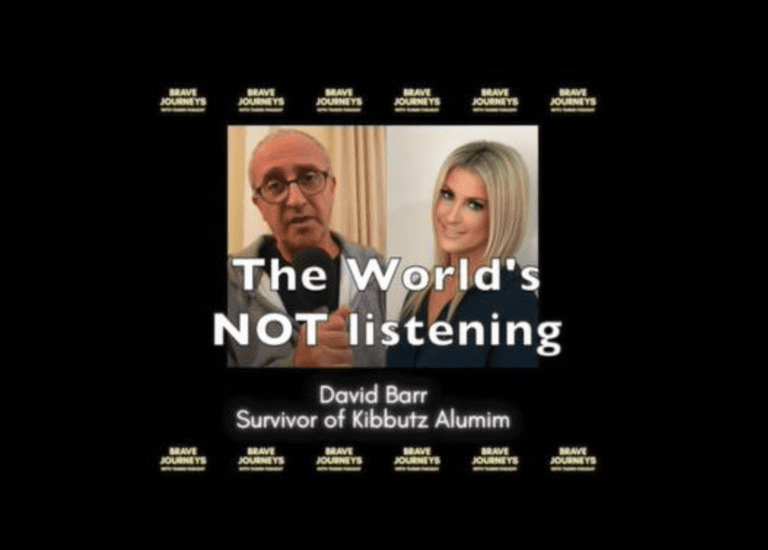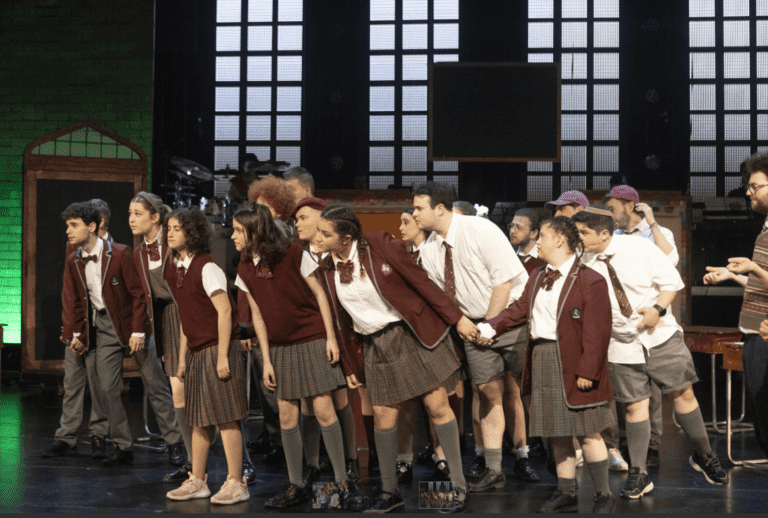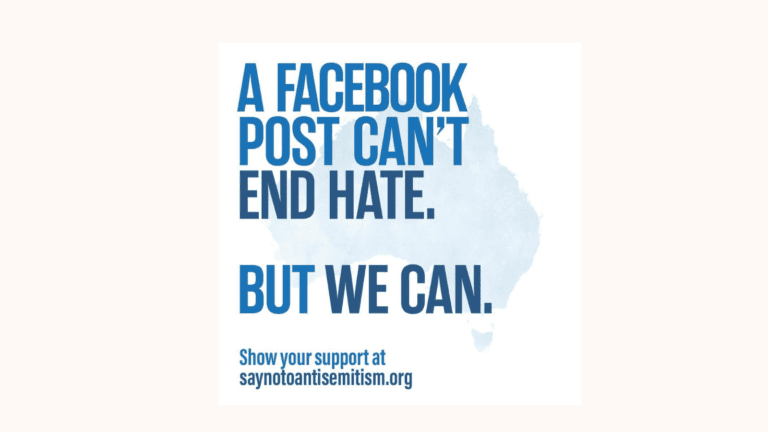Rosh Hashanah and Yom Kippur hold a special place on the Jewish calendar as the “Days of Awe.” During these sacred moments, Shules around the world fill with worshippers seeking a year filled with happiness, health, and sweetness. However, amidst the rituals and prayers, one custom stands out, which may initially perplex us.
Before the soul-stirring blast of the shofar, we recite Psalm 47 seven times. This chapter of Tehillim focuses our hearts on two essential themes: Hashem’s deep love for the Jewish people and the lofty significance of the shofar’s call. Yet, this Psalm begins with an unexpected twist: “For the conductor; of the sons of Korach, a song.” Why invoke the name of Korach, a figure known for rebellion and treachery against Moshe, at this momentous occasion?
Korach’s story serves as a cautionary tale. He envied Moshe’s prestige and power, inciting a rebellion against him. Using political tactics and populist rhetoric, he gathered followers and nearly caused irreparable harm to the Jewish nation. However, there’s an intriguing twist in the story of Korach and his sons, shedding light on the significance of Psalm 47.
While Korach and his co-conspirators met a tragic end when the earth swallowed them alive, the Torah tells us that “Korach’s sons did not die.” Instead, they were granted a unique perch in purgatory, where they sing praises to Hashem. Why? Because even though they were instigators of the rebellion, they harbored thoughts of teshuvah (repentance) in their hearts. They recognized the gravity of their actions and regretted their involvement. In their case, “Korach’s sons did not die” meant they retained the capacity for change and spiritual growth.
These sons of Korach, responsible for composing eleven Psalms, including the one we recite before the shofar blowing, offer a profound lesson in teshuvah. Their journey from rebellion to repentance serves as a model for us all. It shows that even when deeply entrenched in our mistakes and misdeeds, the path to transformation begins with recognizing that we’re on the wrong course.
The shofar, that ancient instrument whose sound pierces our souls during Rosh Hashanah, echoes the message of Korach’s sons. It reminds us that we are not inherently corrupt but heavenly souls temporarily ensnared in negative behaviors and thought patterns. Just as Korach’s sons yearned to escape their self-inflicted hell, we too can find our way back to our divine essence.
Hashem believes in our positive resolutions. He doesn’t say, “look, they did the same thing last year, and nothing changed,” G-d forbid, but He takes us seriously, and if only we resolve to do better, Hashem considers it as though we already did teshuvah.
The shofar’s call nourishes our souls. It reminds us that even when we’ve veered off course, it’s never too late to resolve to return to our true path. Teshuvah may begin with recognition and positive intent, but it can lead us from darkness to light.
I am reminded of a story from the bustling beauty fair of Bologna, Italy, where an incongruous figure emerged—a rabbi with a flowing beard and wise demeanor. Rabbi Dovid Borenstein, the Chabad Rabbi in Bologna, was a familiar sight at various fairs, armed with a suitcase filled with kosher tuna sandwiches lovingly prepared by his wife. His mission was simple: to provide kosher sustenance to Jewish vendors who would otherwise go without in the Bologna of thirty years ago.
Borenstein, with his practiced eye, navigated the fairgrounds, seeking out familiar Jewish faces. It was during this search that he approached Shlomo and Shoshana Monasno, a couple from Encino, California, who were celebrity makeup artists.
The Monasnos were famished, having pledged to keep kosher during Yom Kippur at Rabbi Yehoshua Gordon’s Chabad House. Despite their resolve, the fair’s offerings fell short. The temptation of Italian hot dogs loomed, and they contemplated compromising their commitment, reasoning that God would understand given the unusual circumstances.
But then, Rabbi Borenstein appeared with his suitcase of kosher sandwiches, and the Monasnos felt as if they had witnessed a miracle.
You see all we need to do is have the resolve. Hashem will meet us halfway and assist us. Hashem will consider it as if we have completed the Teshuvah.
As we stand in Shule, ready to hear the sound of the shofar, embrace it as a call to teshuvah and renewal. Let us remember the sons of Korach, who teach us that even in our darkest moments, we can find our way back to the light. May this Rosh Hashanah inspire us all to make that internal resolution, to recognise that we are not defined by our mistakes but by our capacity for change and growth.
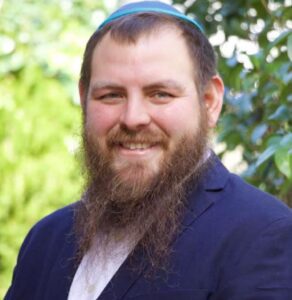 Rabbi Mendy Ajzenszmidt Bio:
Rabbi Mendy Ajzenszmidt Bio:
Mendy holds the position of Rabbi at the South Caulfield Hebrew Congregation. He spent his formative years in Melbourne, Australia, and pursued his studies for seven years in Yeshivot across the globe, including Israel, the USA, Canada, and Australia. He attained his Rabbinical Ordination/Semicha from the Jewish Educational Leadership Institute in Miami, Florida.
With over 14 years of experience as a Rabbi, Mendy has led communities in various locations, such as Vietnam, Cambodia, Shenzhen, and Hong Kong. In 2018, alongside his wife Rebbetzin Lifshy and their four children, Shaina Malka, Rivka, Rosie, and Avremy, he assumed the role of Rabbi and Director at Chabad Campus, a position he held for four years. During this time, he also served as a chaplain at universities throughout Melbourne. Notably, Mendy played a key role in organising numerous successful events for young adults, including orchestrating the largest Shabbat dinner in Australia, which drew the participation of 500 university students.
In addition to his community involvement, Rabbi Mendy is a committee member of the University of Melbourne’s new cross-cognate Human Research Ethics Committee. He is deeply passionate about fostering Jewish engagement, enjoys traveling, and has a keen interest in tracing his family history.
